Projects¶
VaryCHarm: Automatically Vary the Complexity of Harmonies in Music¶
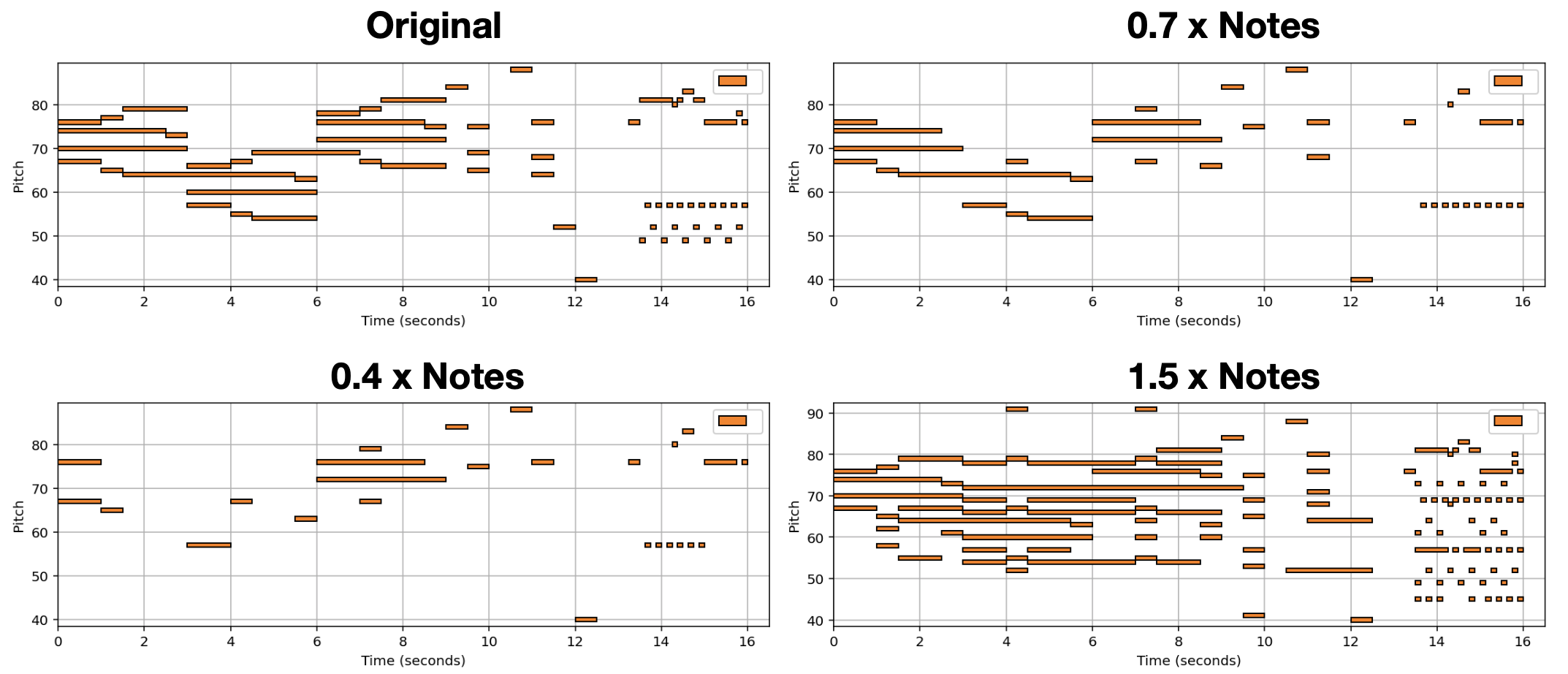
(In Progress) In this post we showcase some results, of a new deep learning method tasked with varying the harmonic complexity of music automatically. In addition, we propose some metrics for evaluation, and design a few baseline methods. I do no discuss the details of the method/implementation since this work is still in progress… Learn more
Robot and Drone Collaboration and Automation¶

In this post I share my experience and a few applications of robots and drones for the indoor enviroment. I cover some of the steps required, and provide access to computer vision, and control software. Applications include robot arm and drone with computer vision deliver food to nearby user, robot loads a dishwasher, and robots following humans… Learn more
Shift-Invariant Dictionary Learning for Discovering Music Relations¶
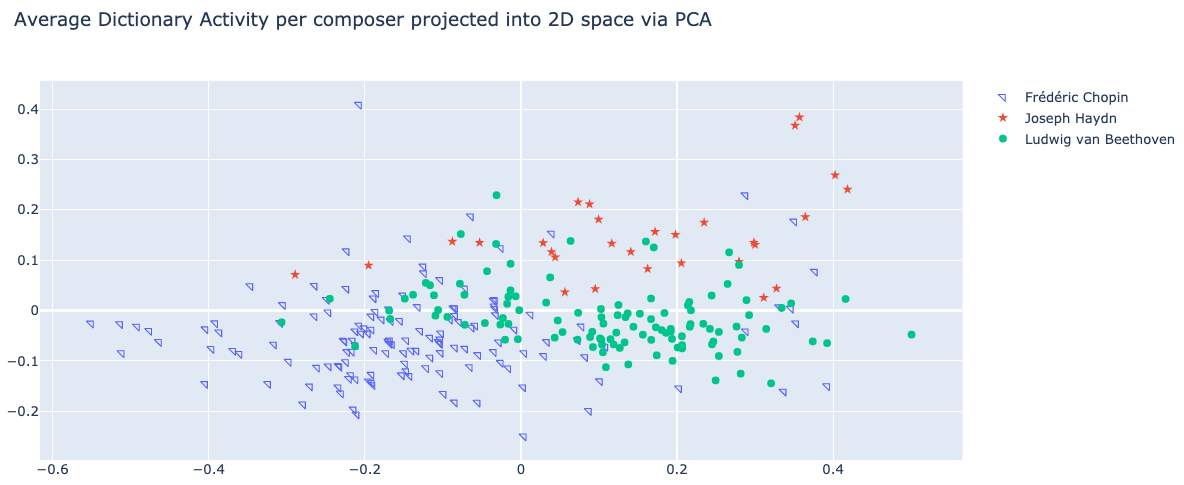
The temporal structure of music is full of shift-invariant patterns (e.g. motifs, ostinatos, loops, etc.). We propose using a Temporal Convolutional Winner-Take-All (CONV- WTA) autoencoder to find a shift-invariant dictionary to represent symbolic, multivariate, musical signals. The model learns to represent fixed length drum beats and variable length piano music. We discuss applications of this sparse representation such as de-noising musical ideas, unsupervised learning of composer styles, and music generation. To assist in related work we include interactive code along with the trained models… Learn more
Sound Activity Recognition and Annomaly detection¶

In this post I will explore a few approaches and applications of sound classification. We use both a standard appraoch using spectrograms + CNNs and a more sophisticated approach using transformers on spectrogram patches… Learn more
Automate Data Labeling using Temperature Differential¶
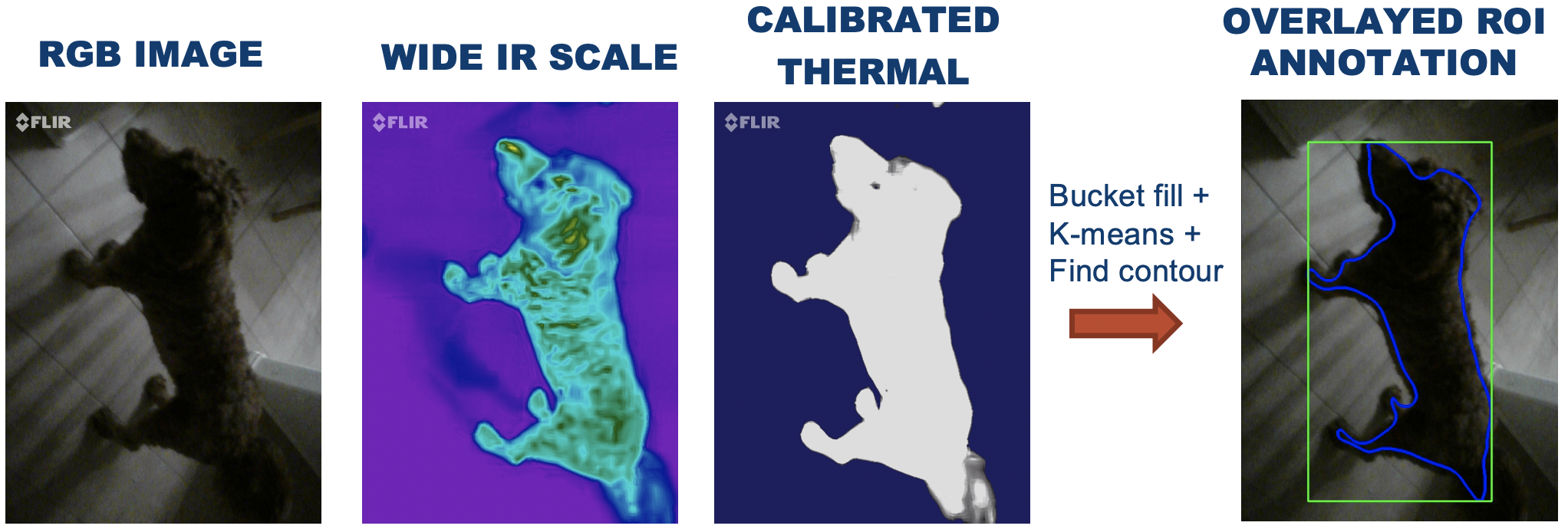
Data labeling for object detection/segmentation is expensive to acquire. In this post we show we can sped up this proesses of labeling data for certain objects using a thermal camera, and standard computer vision techniques. We can create mask or ROI annotations depending on annotations of interest… Learn more
Audio to Midi Transcription Using a Genetic Algorithm¶
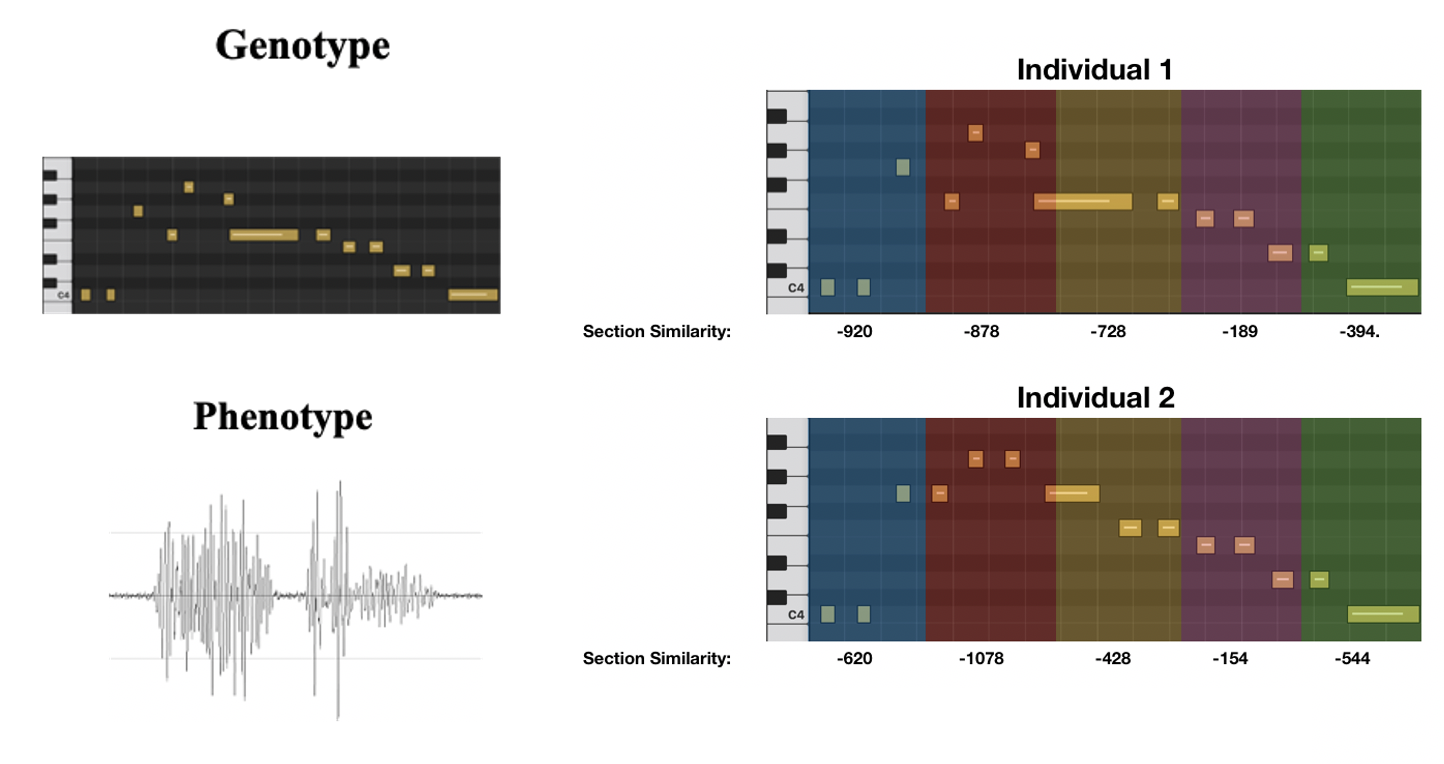
In this post we attempt to convert an audio excerpt from Twinkle Twinkle Little Star, played on the piano, into the corresponding MIDI file using genetic algorithm and show it performs better than a random search and a hill climber baseline…. Learn more
Automatic Music Composition and Completion¶
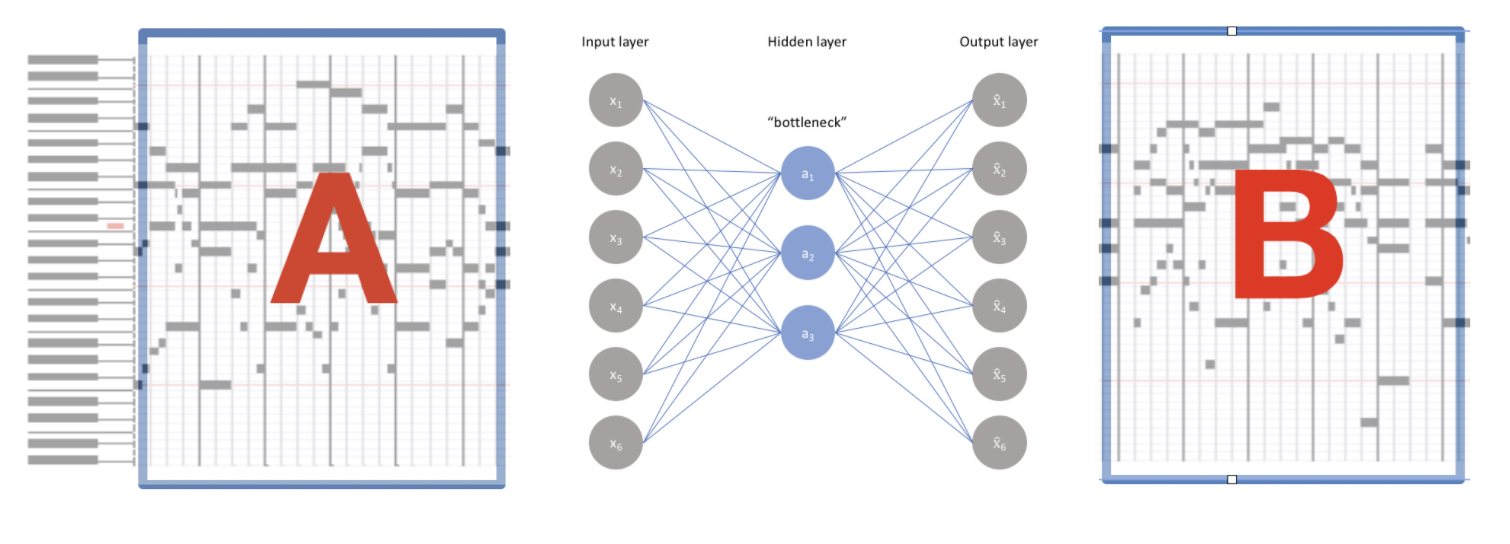
We present a new symbolic approach to automatic music generation. First we create a dataset of 62 hours of Mozart music represented by binary piano roll arrays. The dataset is used to train a 1-hidden layer neural network to predict a section of music given the surrounding music. After training we will use our model to continuously predict and replace random sections of existing music completely altering the original into what we consider new music…. Learn more
CycleGAN for Synthetic Image Generation¶

Collecting data can be expensive and in certain use cases dangerous to aquire. One such example is smoke data. There are many applications relevant to smoke detection with a camera. To skip the data collection stage we create a synthetic dataset of smoky images… Learn more
Automated Machine Learning with SkLearn¶

In this post Ill explain automated machine learning (AutoML); and provide an example for a simple classificatino tasks using various common algorithms in a frequentist and bayesian setting… Learn more
